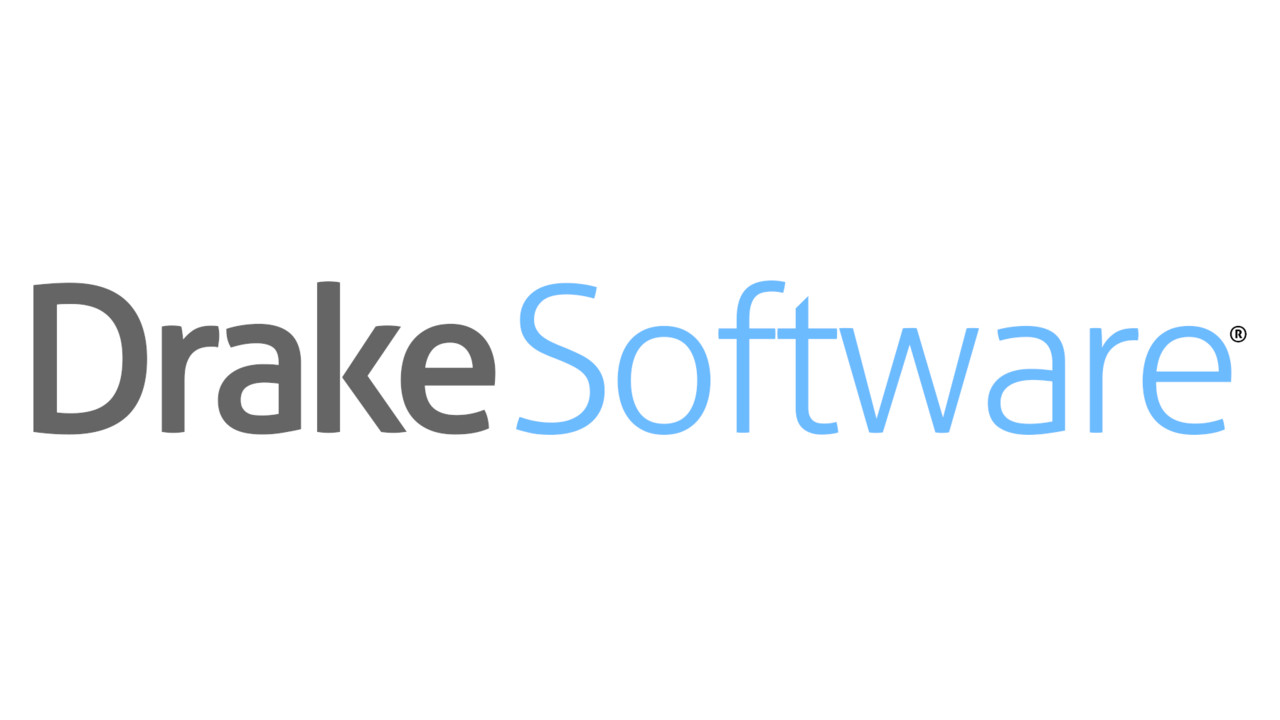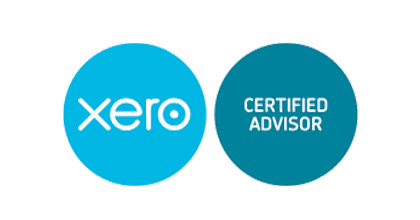In the dynamic landscape of CPA, accounting, and tax firms, staying competitive and efficient is the key to success. Many firms have realized that outsourcing and offshoring are not just about cost savings; they are strategic decisions that can transform the way these firms operate. In this comprehensive guide, we will explore the profound impact of outsourcing and offshoring on CPA, accounting, and tax firms. We'll delve into the benefits, challenges, and strategies that can help these firms thrive in an increasingly globalized world.
The Evolution of CPA, Accounting, and Tax Firms
The Traditional Approach
Historically, CPA, accounting, and tax firms have followed a conventional model where all tasks, from bookkeeping to tax preparation, were handled in-house. While this approach offered control, it also limited scalability and sometimes resulted in resource constraints during peak seasons.
The Paradigm Shift
Over the years, there has been a paradigm shift in the industry. CPA, accounting, and tax firms have started embracing outsourcing and offshoring as strategic tools to streamline operations, improve efficiency, and enhance client services.
Understanding Outsourcing
What Is Outsourcing?
Outsourcing involves contracting third-party service providers to handle specific tasks or functions for your firm. These providers can be located domestically or internationally.
Benefits of Outsourcing
1. Cost Efficiency: Outsourcing can lead to significant cost savings, especially when firms choose providers in lower-cost regions.
2. Access to Specialized Services: Firms can access specialized services such as tax planning, audit support, and data analysis.
3. Scalability: Outsourcing allows firms to scale their services up or down quickly, adapting to changing client demands.
Challenges of Outsourcing
1. Quality Control: Maintaining the quality of outsourced work can be challenging without direct oversight.
2. Data Security Concerns: Sharing sensitive client data with external providers requires robust data security measures.
Exploring Offshoring
What Is Offshoring?
Offshoring involves establishing a dedicated team of professionals in a different country to handle specific tasks or functions for your firm. This team operates as an extension of your in-house staff but is located in a lower-cost location.
Benefits of Offshoring
1. Cost Savings: Offshoring can significantly reduce labor costs, making it an attractive option for firms looking to improve their bottom line.
2. Access to Global Talent: It allows you to tap into a diverse talent pool, accessing specialized skills and expertise.
3. 24/7 Operations: With teams in different time zones, you can ensure round-the-clock work on critical tasks.
Implementing Outsourcing and Offshoring Strategies
Finding the Right Balance
CPA, accounting, and tax firms must strike a balance between in-house, outsourced, and offshored tasks. This balance depends on the firm's size, goals, and client base.
Building Strong Partnerships
Selecting the right outsourcing or offshoring partner is crucial. Look for a partner with a proven track record in the industry and a commitment to data security.
Conclusion
In today's globalized business environment, outsourcing and offshoring are not just about cost savings; they are powerful strategies that can help CPA, accounting, and tax firms thrive. By strategically leveraging external resources, firms can enhance their efficiency, access specialized services, and scale their operations to meet client demands. The key is to find the right balance and build strong partnerships with trusted providers.
FAQs (Frequently Asked Questions)
1. How can I decide whether to outsource or offshore specific tasks in my CPA firm?
The decision depends on factors like cost considerations, the need for specialized expertise, and data sensitivity. Conduct a thorough assessment to determine the best approach for each task.
2. Are there any data security risks associated with outsourcing and offshoring?
Yes, data security is a concern. To mitigate risks, choose partners with strong data security measures and protocols in place.
3. Can small CPA firms benefit from outsourcing and offshoring?
Absolutely. Small firms can benefit by gaining access to specialized services and reducing operational costs through outsourcing and offshoring.
4. How can I ensure quality when outsourcing or offshoring tasks?
Implement robust quality control measures, including regular reviews and audits, to maintain the quality of work delivered by external teams.
5. What are some popular destinations for offshoring and outsourcing in the CPA industry?
Popular offshoring destinations include countries like India and the Philippines, while outsourcing can be done domestically or internationally, depending on your firm's needs and preferences.











.png)










